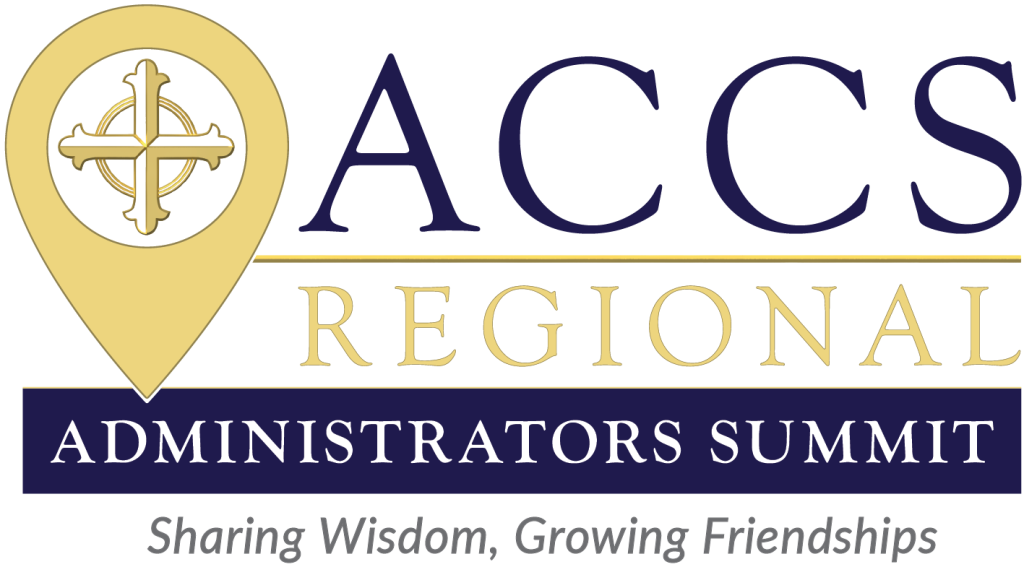
September 12-13 (Thurs-Fri)
NC: Cary Christian School
|
|
October 3-4 (Thurs-Fri) |
|
FL: Veritas Classical School
|
|
October 14-15 (Mon-Tues) |
|
MO: College of the Ozarks
|
|
October 21-22 (Mon-Tues) |
|
CA: Trinity Classical Academy
|
|
October 28-29 (Mon-Tues)
TX: Providence Classical School
|
|
November 7-8 (Thurs-Fri) |
|
WA: The Oaks
|
|
Common Schedule Overview
Contact your regional summit host about the schedule, speakers, and activities for their specific location.
Day 1
10:00 am – Arrival and Fellowship; Observe Classes (optional)
12:00 pm – Lunch Break
1:30 pm – Situation Rooms, Workshops, and Classroom Observation
7:00 pm – Reception Fellowship Event
Day 2
8:00 am – Situation Room and Presentations
12:00 pm – Lunch Break
1:00 pm – Situation Room and Presentations
3:00 pm – Wrap-up and Depart for Home
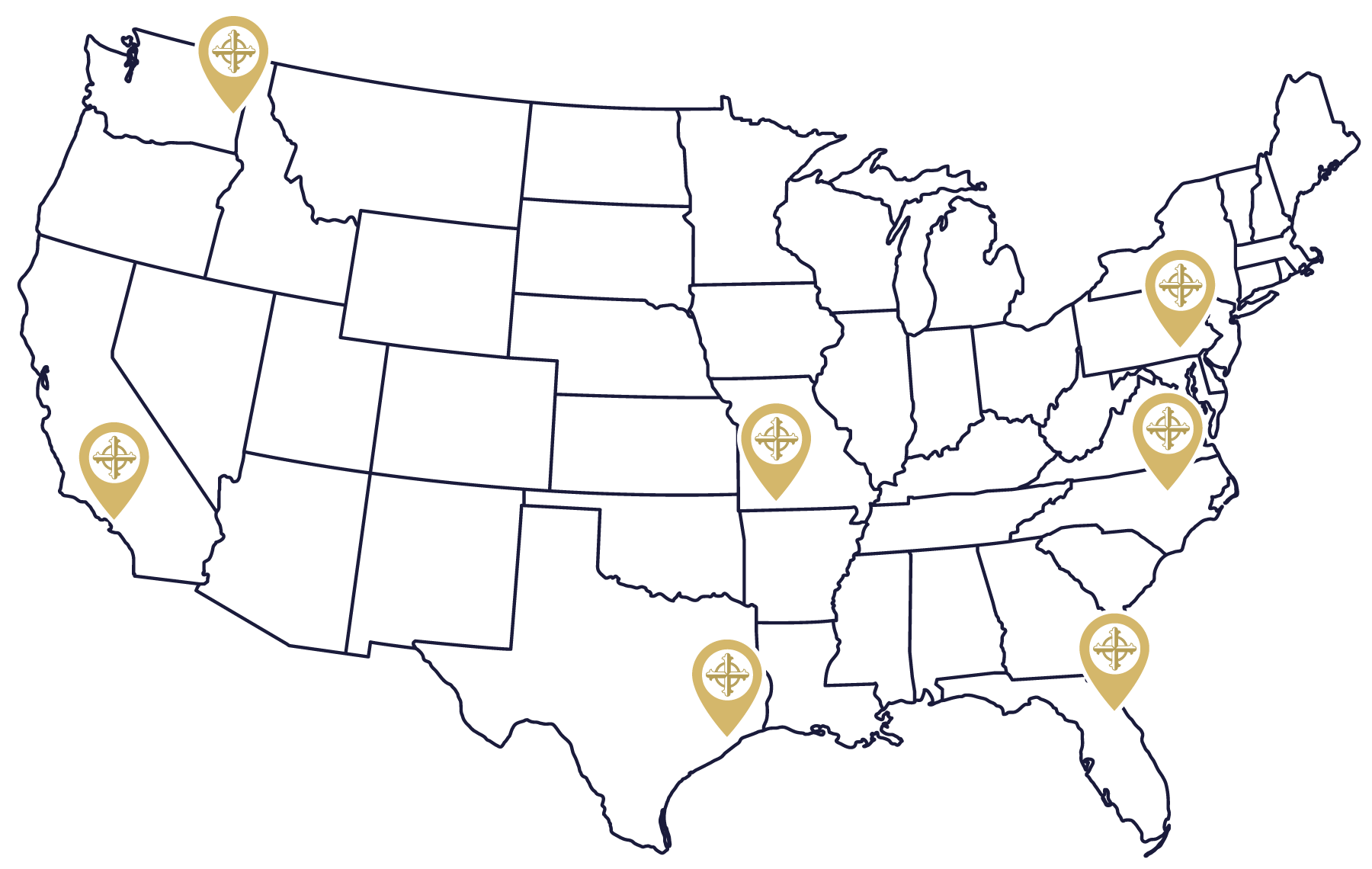
Why Come to a Summit?
The regional summits are intentionally focused on relationship building and discussing the real-world issues you face within your school community.
This opportunity to step aside for a couple of days, to relax with nearby colleagues, to discuss issues, to pray for one another, and to bear one another’s burdens should not be overlooked in the pressing daily battle for the souls of your students and the security of your school. You will return home invigorated, knowing that you have allies you may rely on.
If you have any questions, please reach out to us here.
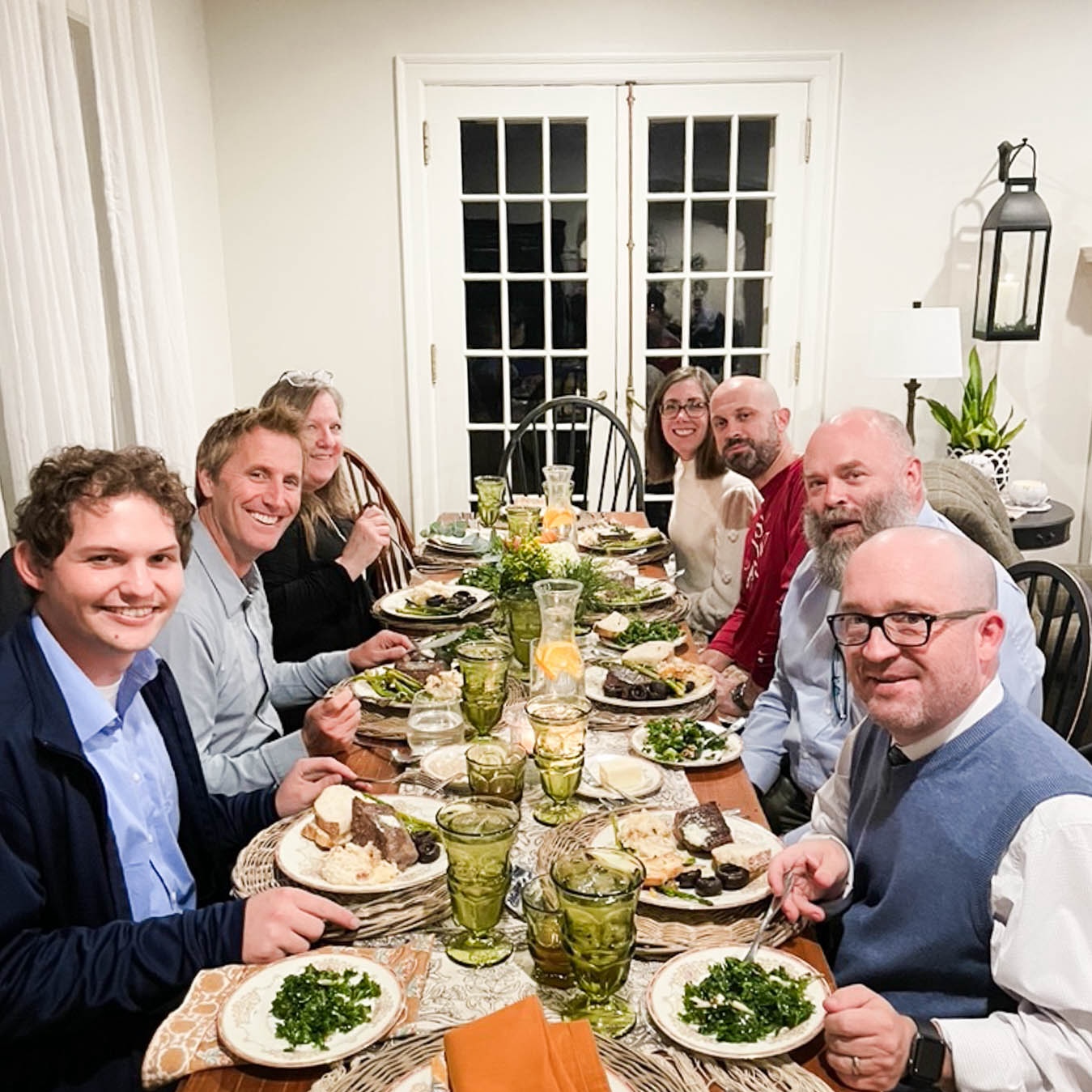
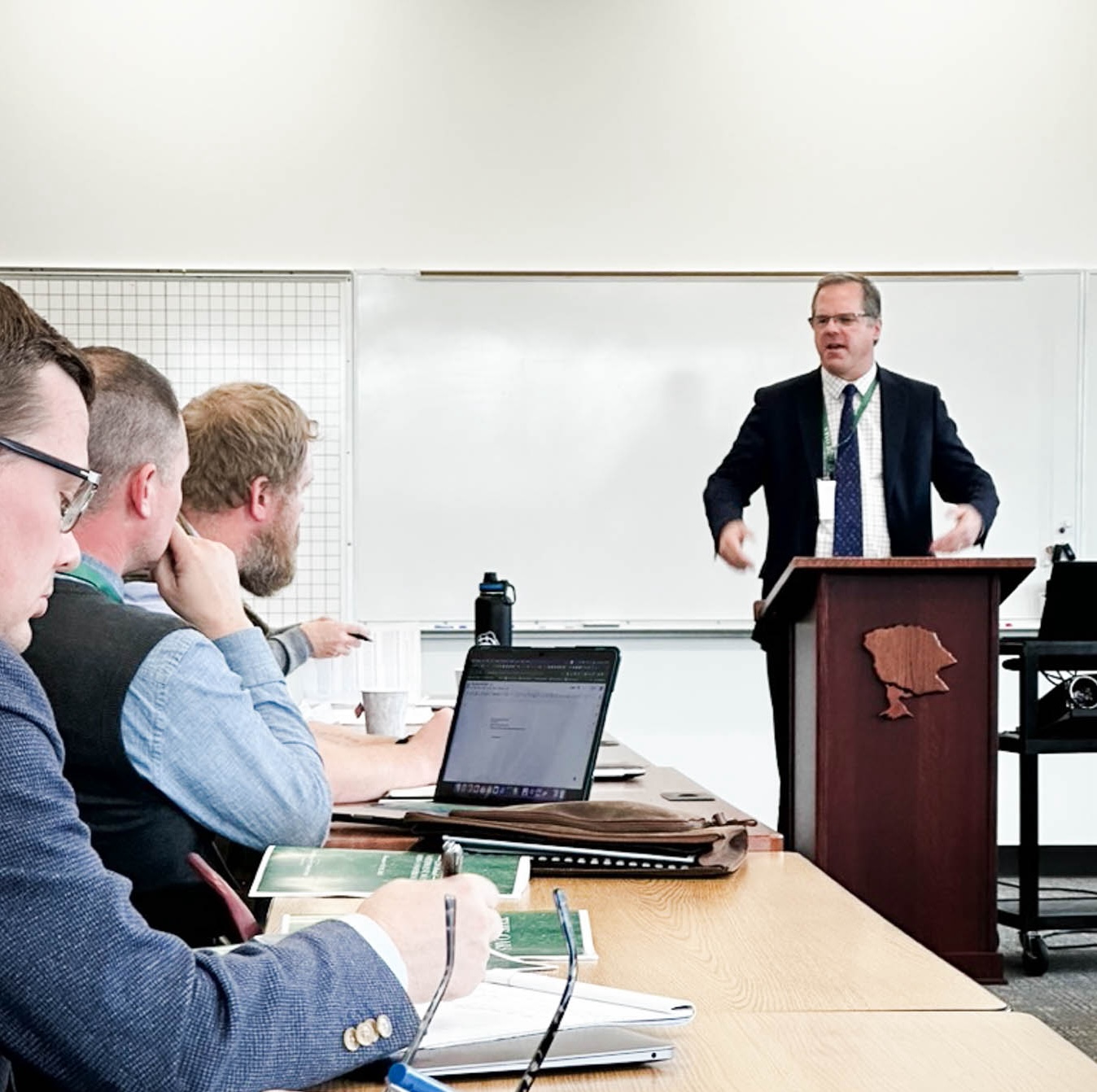
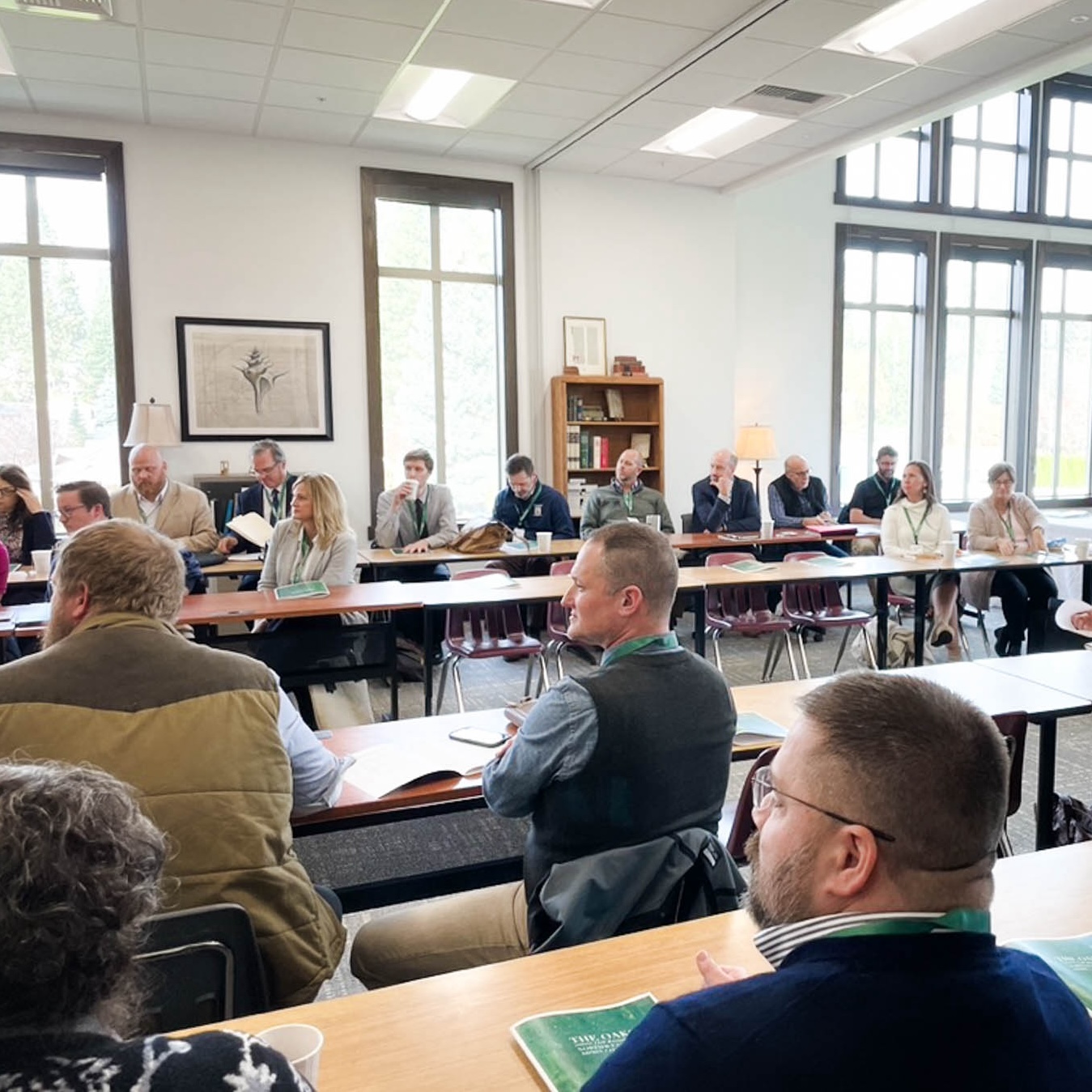
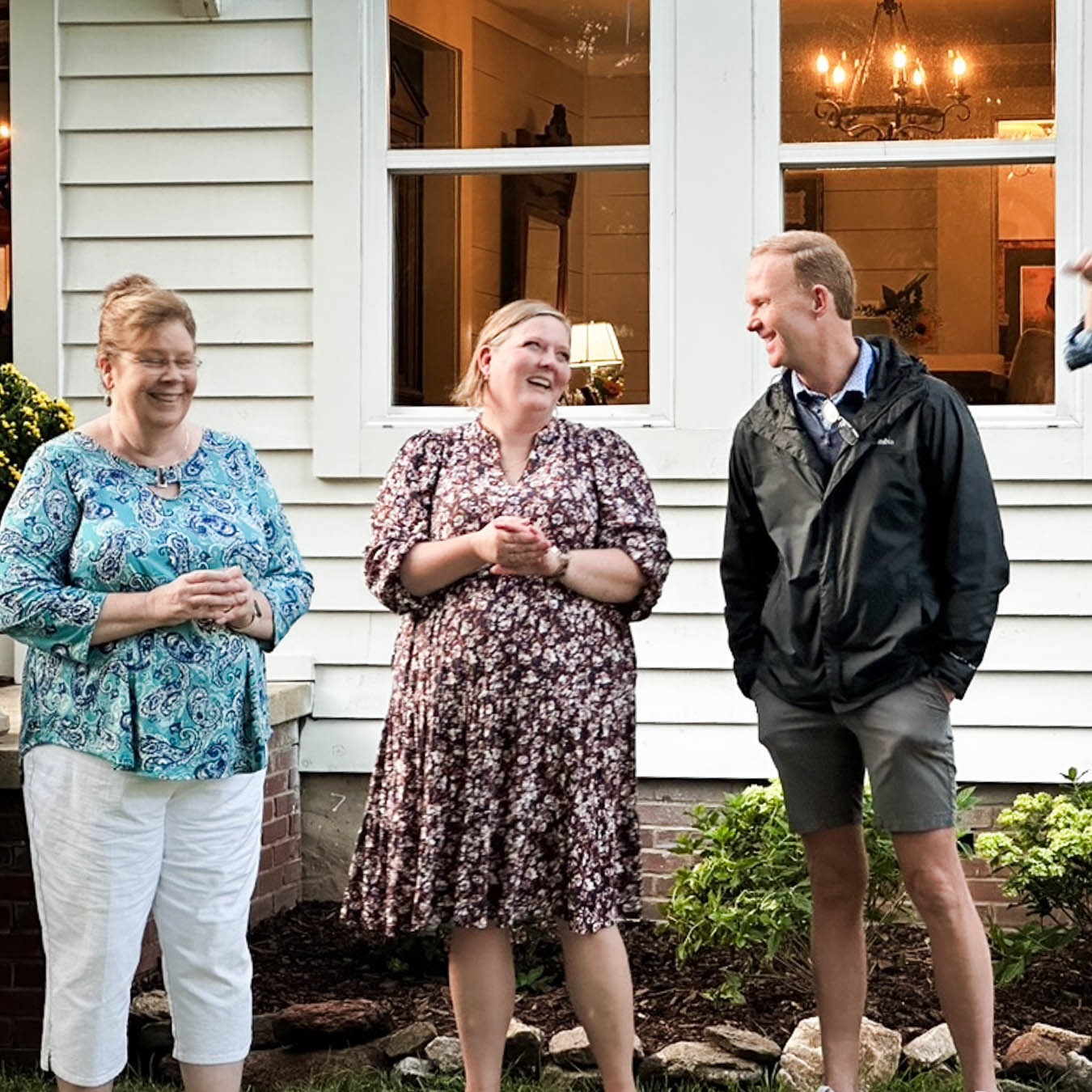
EVENTS
![]()
Fellowship with peers while visiting your host school. Join discussions, tap into keynote speakers and ACCS updates, and get input from others around the table.
SITUATION ROOMS
![]()
Experience small group mixers working through real-life and relevant fictional situations.
TWO DAYS
![]()
School visits on Day 1 | Meetings, speeches, situation rooms on Day 2
CONNECTIONS
![]()
Connect with heads of school, principals, academic deans, and department heads.
Images from 2023 Summits.
A Message from Devin O’Donnell
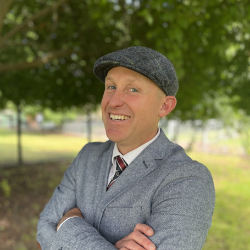
“Classical Christian education isn’t immune to the allure of the corporate business world. With increasing regularity, headmasters and boards look to Fortune 500 companies for cues on promotional language, goals, growth, and organizational models. If we can describe classical Christian education with fashionable LinkedIn lingo, maybe our movement can harness the power of the corporate world (for the glory of God).
Although the corporate world can lend some good to the strategic plans of administrators, it may not be the best source for help in avoiding mission drift and seeking the right objectives. Perhaps those efforts might be better served by looking to older and more poetic models.
G. K. Chesterton once used a very strange analogy for human progress. He writes, ‘Man is a misshapen monster, with his feet set forward and his face turned back. He can make the future luxuriant and gigantic, so long as he is thinking about the past.’ Chesterton borrowed this image from Dante, though, who suggested in the Inferno that whenever man tries to predict the future or make progress on his own terms, he sins. By seeking to transcend his natural human limitation, man becomes a faithless creature. ‘Tomorrow is the Gorgon,’ Chesterton writes, ‘a man must only see it mirrored in the shining shield of yesterday. If he sees it directly he is turned to stone. This has been the fate of all those who have really seen fate and futurity as clear and inevitable.’
How can we lead others and build lasting institutions? How can we navigate with confidence in a time of uncertainty? How can we make real progress and achieve the right goals? We must discern our true orientation in time.
The past is in front of us, for we see it clearly. The future is behind us, we are blind to it, and we move into the future by walking backwards. By looking back at the permanent and enduring things, we walk by faith and keep our eyes fixed on the right things. By approaching the future in the ‘mirror of yesterday,’ we make progress by way of paradox.”
